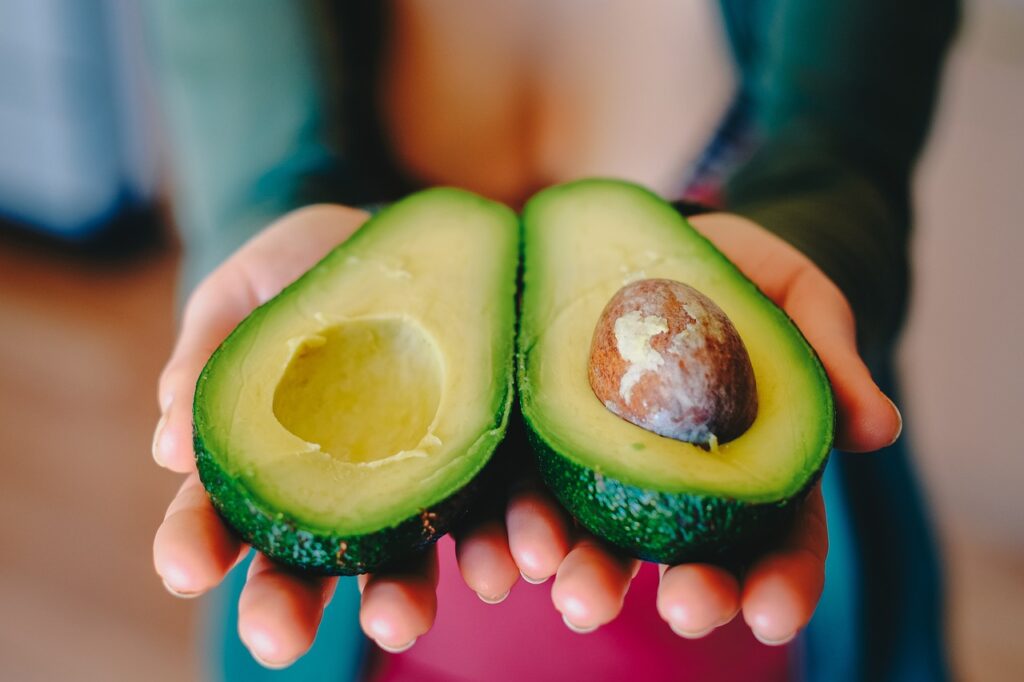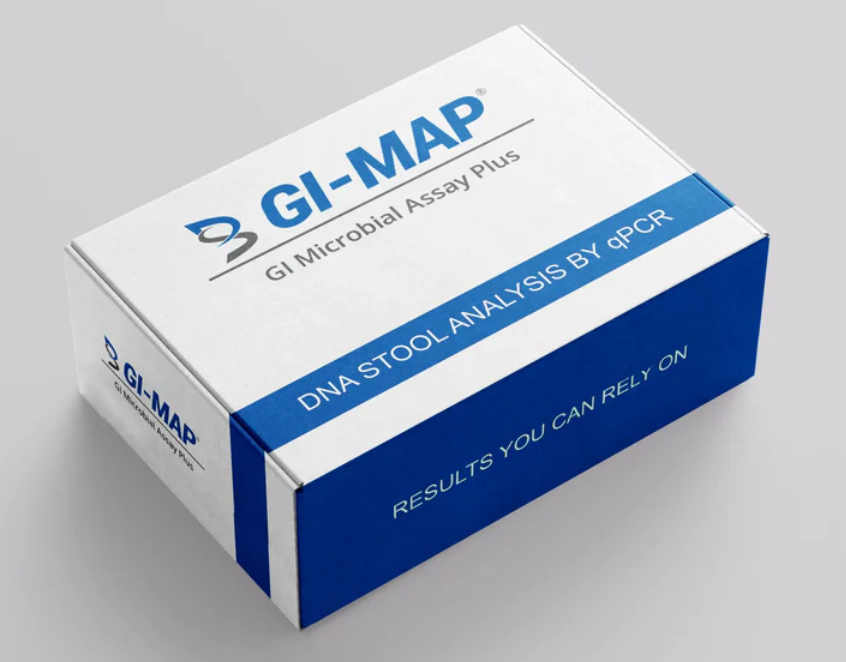If you’ve been dealing with autoimmune flare-ups or suspect that your gut health isn’t where it should be, you may have come across the term “leaky gut “.
Scientifically known as increased intestinal permeability, leaky gut occurs when the lining of your small intestine becomes damaged, allowing undigested food particles, toxins, and other harmful substances to pass into your bloodstream.
But how does this happen, and more importantly, why should people with autoimmune diseases be especially cautious about gluten?
Let’s dive into the details.
What Happens in Your Gut
Your small intestine is a major player in nutrient absorption. It’s lined with tiny finger-like projections called villi, which are covered in even smaller hair-like structures called microvilli. These structures help absorb nutrients while blocking harmful substances.
In a healthy gut, the villi and microvilli form a tightly packed barrier ensuring that only the good stuff (like nutrients) gets into your bloodstream.
But in the case of leaky gut, this protective barrier becomes compromised. Gaps form between the cells in your intestinal lining, allowing larger, unwanted particles—like undigested food proteins, toxins, and even bacteria—to leak into your bloodstream. When this happens, your immune system goes into overdrive, triggering inflammation to neutralize the perceived threats.

This chronic inflammation can lead to a host of health issues, including autoimmune diseases, allergies, digestive problems, and skin conditions. That’s why addressing leaky gut is key to restoring balance and reducing symptoms.
Why Gluten Is a Problem for Autoimmune Health
If you have an autoimmune condition like Hashimoto’s, rheumatoid arthritis, or lupus, your immune system is already more sensitive to triggers.
One of the biggest triggers for people with autoimmune disease? Gluten.
Gluten is a protein found in wheat, rye, barley, and other grains. While it might seem harmless, the issue lies in its indigestible component—gliadin. When gliadin comes into contact with your gut lining, it triggers the release of zonulin, a protein that opens up the tight junctions in your intestinal walls, leading to—you guessed it—leaky gut.

For someone with an autoimmune disease, consuming gluten doesn’t just mean an upset stomach. The inflammation that gluten causes can worsen symptoms, lead to flare-ups, and even contribute to the progression of the autoimmune disease itself. That’s why I always recommend going gluten-free as part of my comprehensive approach to helping women manage their autoimmune conditions.
What to Eat If You’re Avoiding Gluten
You may be wondering, if I have to cut out gluten, what can I eat? The good news is that gluten isn’t a food group, and going gluten-free doesn’t mean you’ll be missing out on essential nutrients—or that you have to go low-carb!

Here’s a breakdown of some gluten-free food categories to embrace:
- Fruits and Vegetables: These are naturally gluten-free and packed with fiber, vitamins, and antioxidants. Think colorful, nutrient-dense options like sweet potatoes, zucchini, squash, leafy greens, and berries. Not only do they provide necessary carbohydrates, but they also help fight inflammation.
- Proteins: Focus on high-quality protein sources like grass-fed meats, wild-caught fish, eggs, and legumes. Protein is vital for repair and recovery, especially when your immune system is in overdrive.
- Healthy Fats: Avocados, olive oil, nuts, and seeds are great for providing long-lasting energy and supporting brain health.
- Gluten-Free Grains: Quinoa, millet, buckwheat, and rice are all excellent substitutes for traditional gluten-containing grains. These grains are not only gluten-free but also rich in nutrients like fiber and B vitamins .
Be Wary of Gluten-Free Processed Foods
While the gluten-free food market is booming, not all gluten-free products are healthy. Many gluten-free breads, crackers, and snacks are made with refined grains and additives that offer little to no nutritional value.
Always check the label and opt for minimally processed foods whenever possible. The best approach? Stick to whole foods that naturally do not contain gluten, and reserve those gluten-free packaged goodies for special occasions.
Healing Leaky Gut: A Holistic Approach
Healing leaky gut requires more than just cutting out gluten. It’s about supporting your entire gut ecosystem. That means removing inflammatory foods, focusing on nutrient-dense, healing foods, and even incorporating supplements that support gut health.

In my signature 6-month, one-on-one program, Autoimmune Harmony, I will guide you through this process, offering you the tools and knowledge to significantly reduce your autoimmune flare-ups by addressing root causes like gut health, stress, and diet.
Additionally, we will run the GI-MAP test. This is a functional medicine stool analysis that is truly amazing! Not only does it give an exact breakdown of the good and not so good bacteria that are living in your gut, it also looks for pathogens, parasites, inflammation and immune function. It can also detect your Zonulin levels allowing you to definitively know whether you have leaky gut.

Healing your gut can have transformative effects not just on your digestive system, but on your overall well-being.
Ready to Take Control of Your Health?
If you’ve been struggling with autoimmune flare-ups or feel like your digestion is holding you back, it might be time to focus on healing your gut.
I invite you to join me for a personalized Autoimmune Insight Session, where we’ll dive into your unique health challenges and explore how to support your healing journey.
If you’re not quite ready to chat, download my FREE Autoimmune Harmony Roadmap, which will guide you in taking the first steps towards stopping your flare-ups.
Your body—and your gut—will thank you!
References:
- Fasano A. Zonulin and its regulation of intestinal barrier function: The biological door to inflammation, autoimmunity, and cancer. Physiological Reviews. 2011.
- Sapone A, Bai J, Ciacci C, et al. Spectrum of gluten-related disorders: consensus on new nomenclature and classification. BMC Medicine. 2012.
- Celiac Disease Foundation. “What Can I Eat?” Celiac.org.


Leave a Reply